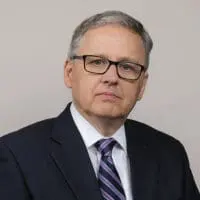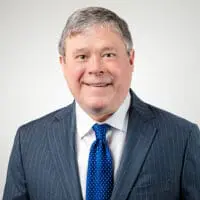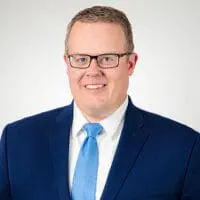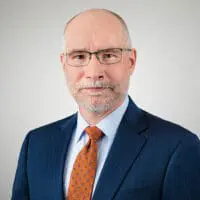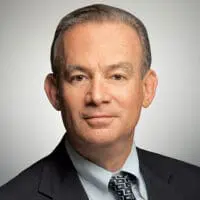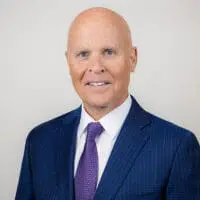Environmental & Natural Resources Law
EPA Announces Enforcement Discretion Policy for Noncompliance Caused by COVID-19 Pandemic
EPA announced on March 26, 2020 a temporary enforcement policy regarding EPA enforcement of environmental legal obligations.
In general, EPA does not expect to seek penalties for violations of routine compliance monitoring, integrity testing, sampling, laboratory analysis, training, and reporting or certification obligations in situations where EPA agrees that COVID-19 was the cause of the noncompliance and the entity provides supporting documentation to EPA upon request.
EPA conditions this relief on the regulated entity making “every effort to comply with their environmental compliance obligation” and meeting a number of conditions:
If compliance is not reasonably practicable, facilities with environmental compliance obligations should:
a. act responsibly under the circumstances in order to minimize the effects and duration of any noncompliance caused by COVID-19;
b. identify the specific nature and dates of the noncompliance;
c. identify how COVID-19 was the cause of the noncompliance, and the decisions and
d. actions taken in response, including best efforts to comply and steps taken to come into compliance at the earliest opportunity;
e. return to compliance as soon as possible; and
f. document the information, action, or condition specified in a. through d.
The policy also addresses relief from stipulated penalty provisions in EPA settlement agreements and consent decrees. For settlement agreements:
parties should utilize the notice procedures set forth in the agreement, including notification of a force majeure, as applicable. For EPA administrative settlement agreements, the EPA intends to treat routine compliance monitoring, integrity testing, sampling, laboratory analysis, training, and associated reporting or certification obligations in the manner described above and will generally not seek stipulated or other penalties for noncompliance with such obligations.
For consent decrees, EPA promises to coordinate with DOJ to exercise the same enforcement discretion and directs parties to similarly utilize the notice procedures set forth in the consent decree.
The policy also addresses facility operations and confirms EPA’s general expectation that “all regulated entities [will] continue to manage and operate their facilities in a manner that is safe and that protects the public and the environment.” However, in the event COVID-19 impacts may create an acute risk or imminent threat to human health or the environment, facilities are urged to contact the appropriate regulatory authority.
The policy specifically addresses certain types of operations, including CAFOs and public water systems, as well as generators of hazardous waste:
If a facility is a generator of hazardous waste and, due to disruptions caused by the COVID-19 pandemic, is unable to transfer the waste off-site within the time periods required under RCRA to maintain its generator status, the facility should continue to properly label and store such waste and take the steps identified under Part I.A, above [directing the regulated entity to contact the appropriate agency]. If these steps are met, as an exercise of enforcement discretion, the EPA will treat such entities to be hazardous waste generators, and not treatment, storage and disposal facilities.
Finally, EPA indicates it may consider more tailored approaches where a facility is an “essential critical infrastructure.”[1]
EPA cautions that the policy does not apply to criminal violations or accidental releases. Regulated entities remain liable to report and respond to such releases, as appropriate. The policy is effective retroactive to March 13, 2020 and EPA will publish notice at least 7 days before the policy is terminated.
[1] Essential critical infrastructure businesses are designated by the Department of Homeland Security (see https://www.cisa.gov/publication/guidance-essential-critical-infrastructure-workforce.)

